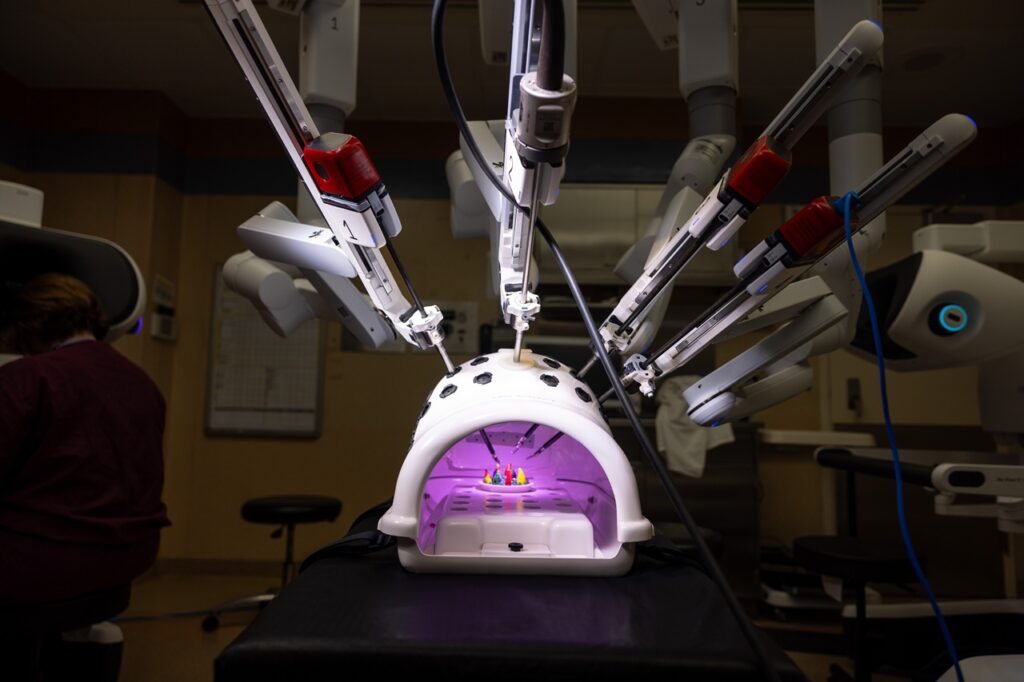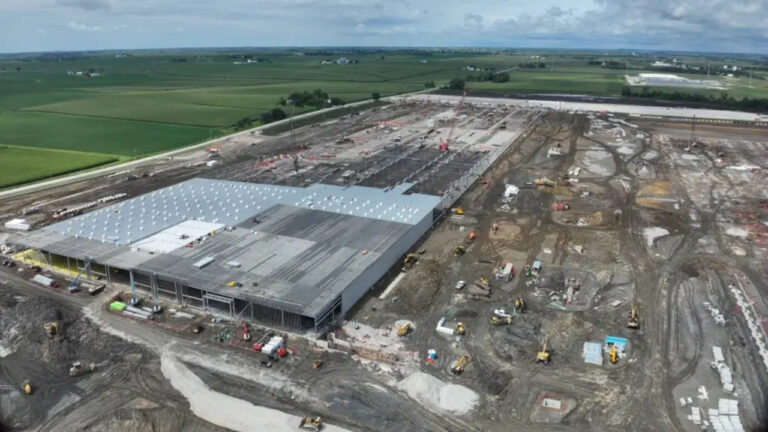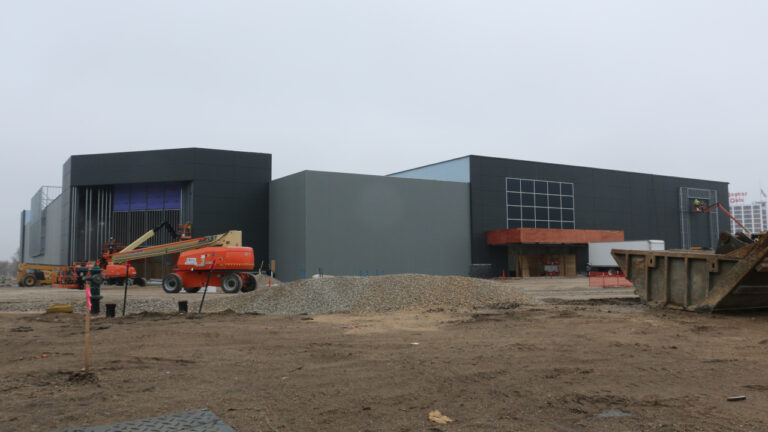University of Iowa Health Care has doubled its robotic surgery capacity with the addition of three new da Vinci 5 surgical systems, making it the first in the state to implement the latest generation of robotic-assisted surgical technology.
The new systems – located on the university campus – are expected to enable approximately 1,000 additional minimally invasive procedures each year. UI Health Care already operated three robotic systems prior to the expansion.
According to a release, minimally invasive surgeries often lead to shorter hospital stays, faster recoveries, and improved outcomes for patients. The da Vinci 5 system enhances surgical precision and provides 3D, high-definition visuals of the surgical field, enabling greater control and accuracy through just a few small incisions, the university asserts.
“Robotic-assisted surgical systems provide a number of advantages to the patients who are eligible for these types of surgeries,” said Dr. David Bender, a professor of obstetrics and gynecology, a gynecologic oncologist, and medical director of robotic surgery with UI Health Care. “There’s better overall patient satisfaction in terms of recovery from the surgery. They’re getting back to work and other activities earlier.”

The da Vinci 5 system translates a surgeon’s hand movements in real time, guiding small instruments with enhanced dexterity. Dr. Bender said the system also improves patient experience and surgical outcomes.
“With 3D imaging, surgeons have more precise control of their instrumentation,” he said. “There’s less discomfort for the patient and stress on the tissues compared to open or laparoscopic procedures, less blood loss, and lower rates of infection.”
Surgeons across specialties – including gynecology, urology, and general surgery – will benefit from expanded access to the technology. Dr. Bender said the versatility of the da Vinci 5 system will help broaden the range of procedures UI Health Care can offer.
“As robotic-assisted surgical technology continues to advance, it can be used in a wider range of procedures,” he said. “We have surgeons across a number of specialties who are eager to have access to this technology. Now that we have six robotic-assisted systems under one roof, we’ll be able to provide patients with new types of procedures we weren’t able to provide before.”
UI Health Care officials said the investment aligns with its goal of offering cutting-edge treatments before they become widely available elsewhere.








